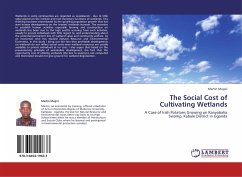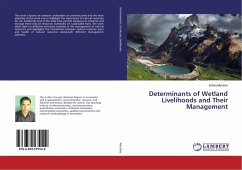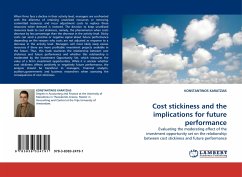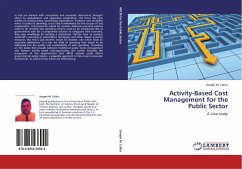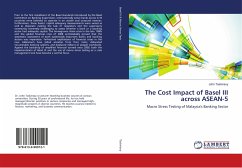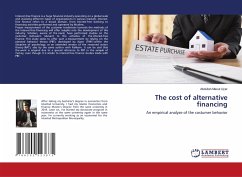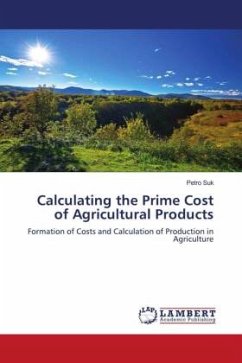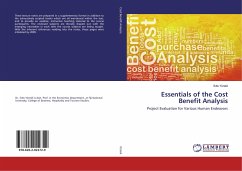Wetlands in some communities are regarded as 'wastelands' - due to little value placed on the intrinsic and non-monetary functions of wetlands. This thinking has been exacerbated by the spiraling population growth that has seen human developments on the 'wasted' wetlands increase. The incentive to establish human activities especially farming and construction on wetlands has been due to the high profits accruing from such activities, usually to private individuals with little regard to, and understanding about the potential permanent loss of wetland value and community welfare. As an economist who has studied Natural Resource and Environmental Economics, in this study I bring out the fact that profitable developments on wetlands do not reflect actual costs since wetland resources are usually available to private individuals at no cost. I also argue that based on the precautionary principle of sustainable development, the fact that the opportunity cost of utilizing wetlands (the loss to society) is not computed and monetized should not give ground for wetland degradation.

